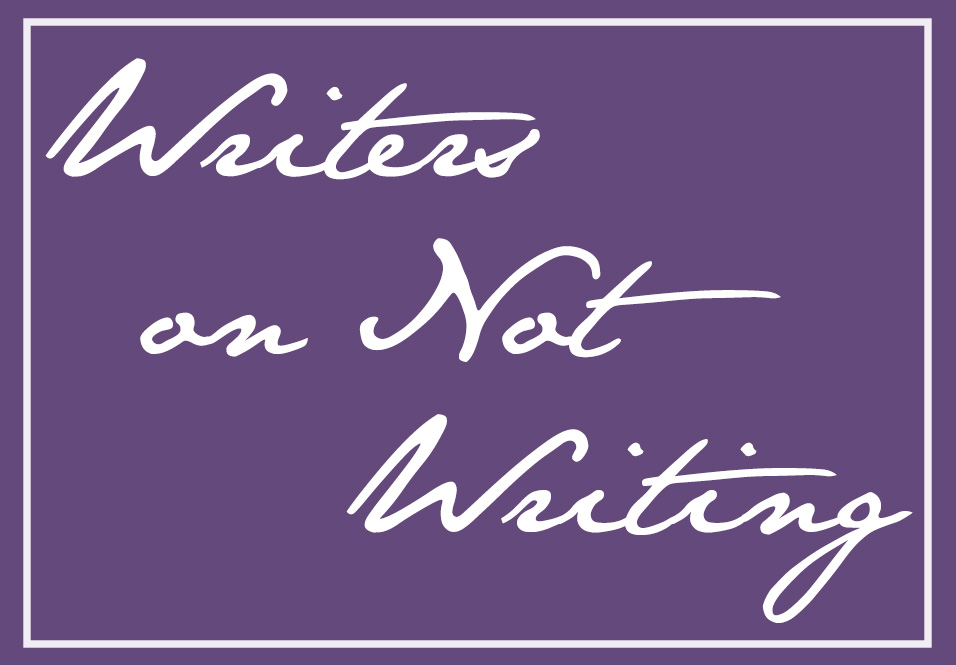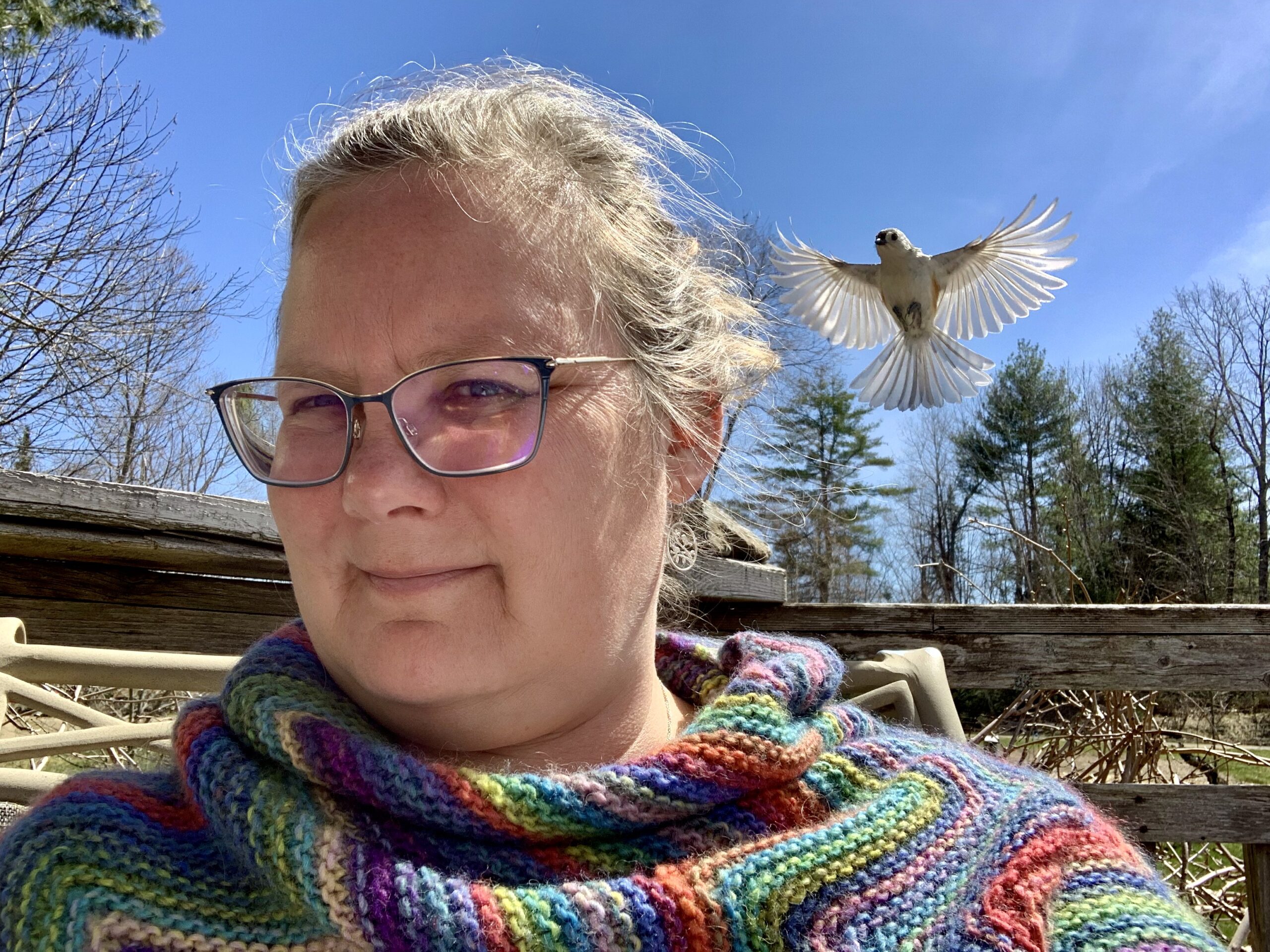Writers pour so much energy into their craft that sometimes we forget that creative pursuits other than writing can fill us up in other important ways. Here, we’ll look at what writers do when they aren’t writing, and how those pursuits affect the return to the page. This month, writer and Master Naturalist Andrea Lani explores how time in nature informs her writing.

It’s spring in Maine, so right now I go out birdwatching every morning. As the season progresses, I’ll be hunting wildflowers and then chasing butterflies and dragonflies. When winter arrives again, I’ll follow mammal tracks through the woods. I’m also a nature journaler, meaning I record observations of the wild world in art and writing. Every afternoon I walk the mile-and-a-half loop trail behind my house and pause on a bench overlooking a small river, where I sketch or paint, make some notes about what I’ve encountered, and write a nature-based poem. Getting out into the wild world moves me out of my typing hunch, clears my tired writer brain, and relaxes my fatigued screen eyes. Sketching, observing, and note-taking get me to slow down and pay attention, to be more fully present in life (as Mary Oliver put it, to stand among the flowers). A daily walk over the same ground provides the comfort of ritual and repetition, while naturalizing satisfies my craving for novelty, as new bird species arrive daily or different flowers burst into bloom.
In addition to nature-based pursuits, I’m a knitter and an occasional quilter, I’ve recently taken up mosaic-making, and I collect Fiesta dinnerware. Writing is so cerebral and abstract; it takes months or years of dogged work to yield something you can hold in your hands, like a book or even a magazine issue or print journal, and that outcome is by no means guaranteed. Surrounding myself in the vivid colors and rich textures of fabric, yarn, and pottery fills my need for visual and tactile sensory input. And it’s joyful to create something physical—like a hat, quilted table runner, a mosaicked shelf, or a display of vintage dishes—purely for my own satisfaction, with no expectation that it be perfect, or even good.
Sometimes I worry that I have way too many pursuits outside of writing, that I’m draining my creative energy in all of these extraneous activities. But I also know that taking care of my body will enable me to write for a much longer time, and I’d rather walk the trail than go to the gym. Also, as much as I try to clear my mind when I’m outdoors, I inevitably work through writing problems as I move. Encounters with nature also give me writing ideas, and I’ve mined years’ worth of nature journals for essay material. Writing poetry—even bad poetry—helps me use language more playfully and lyrically in my prose writing. On a more literal level, I wear shawls and fingerless gloves I’ve knitted and wrapped up in quilts I’ve stitched to keep warm while I write, when I don’t want to start a fire in the wood stove or when I work outside on a chilly day. Finally, the seasonal rhythms of the natural world, the beautiful quilts and mosaics made of scraps of fabric or fragments of pottery, and the steady building of a three-dimensional object through the stitches and rows of knitting are all rich sources of metaphor that I file away for future use in my work.
 This is a picture of me wearing a poncho I knitted during the pandemic, with a tufted titmouse coming in to try to steal some of my hair for its nest, while I’m sitting outside, meaning to write but instead trying to capture this photo.
This is a picture of me wearing a poncho I knitted during the pandemic, with a tufted titmouse coming in to try to steal some of my hair for its nest, while I’m sitting outside, meaning to write but instead trying to capture this photo.
Andrea Lani is the author of Uphill Both Ways: Hiking toward Happiness on the Colorado Trail(Bison Books 2022). Her work has recently appeared in Labor of Love: A Literary Mama Staff Anthology andRooted 2: The Best New Arboreal Nonfiction, among other publications. She’s been honored with two Hewnoaks Artist Residencies and has been nominated for a Pushcart Prize. Andrea has degrees in human ecology and creative writing from College of The Atlantic and the Stonecoast MFA Program and is a former editor at Literary Mama. As a Maine Master Naturalist, she teaches nature writing and nature journaling workshops around the state. She lives in central Maine.
Curated by Jen Dupree
